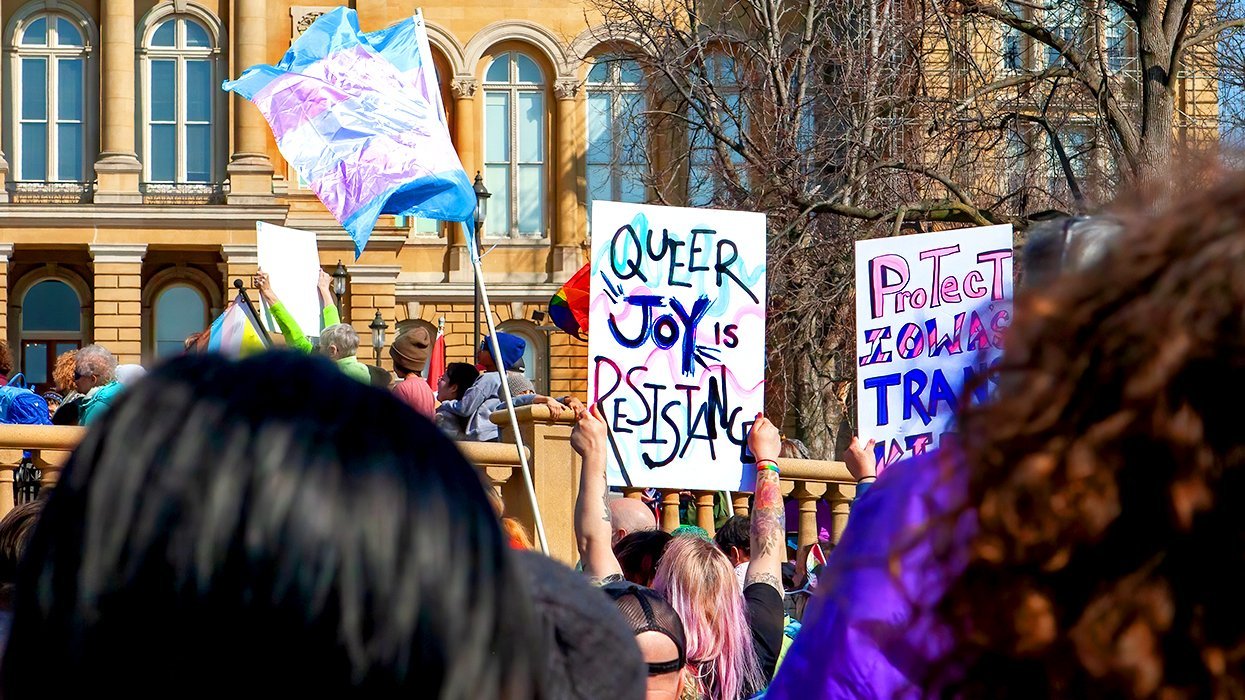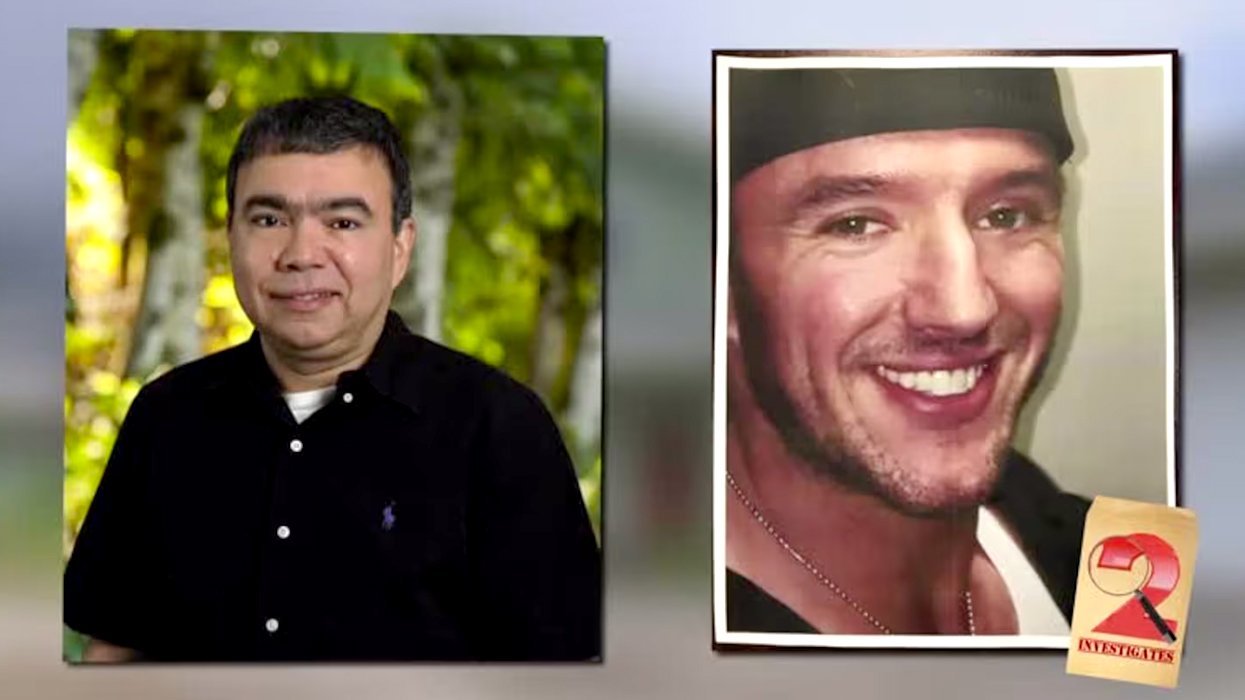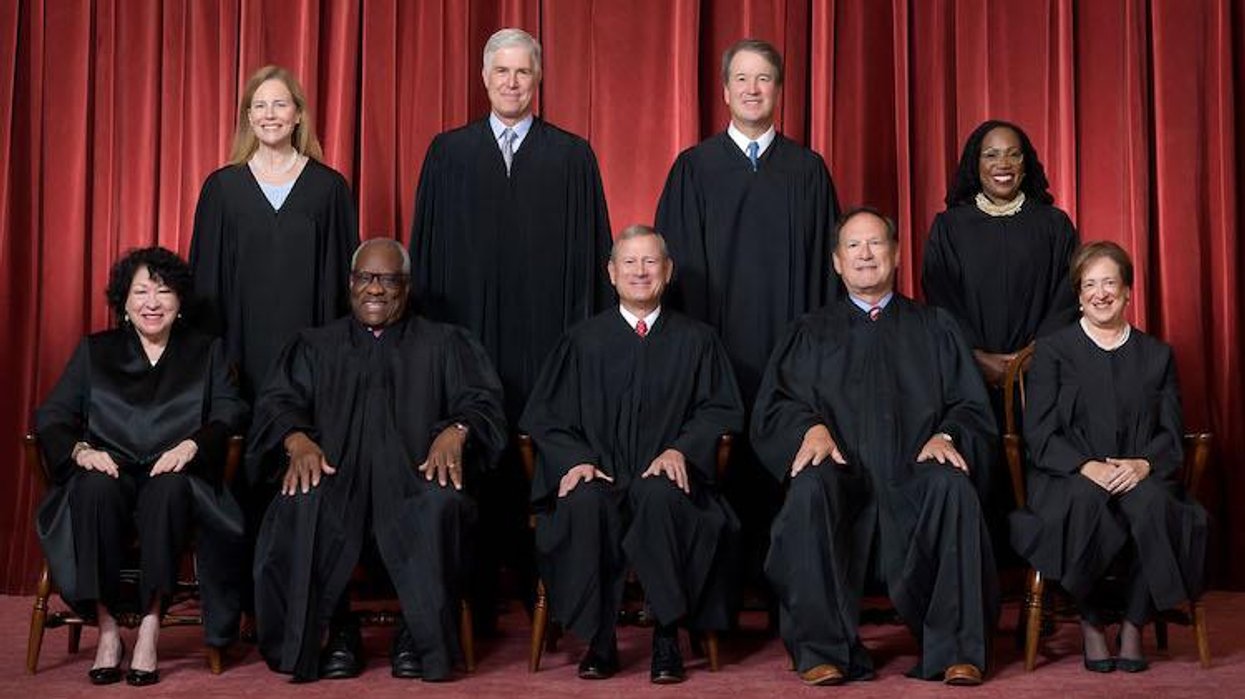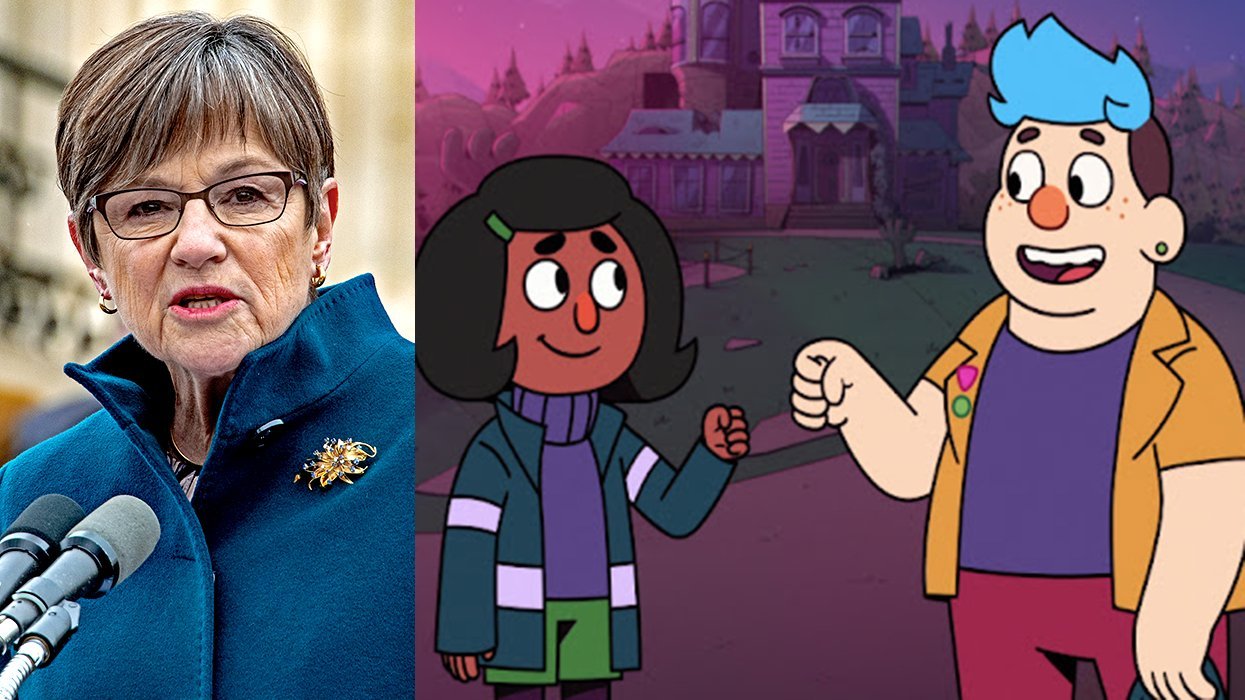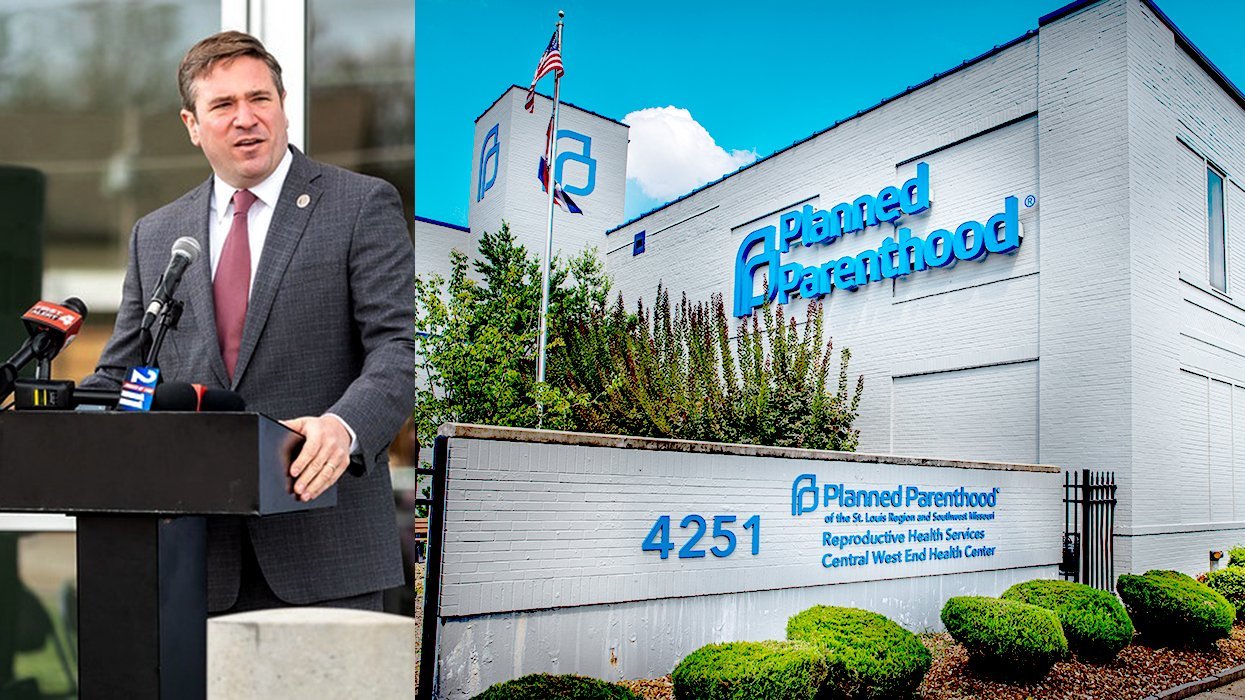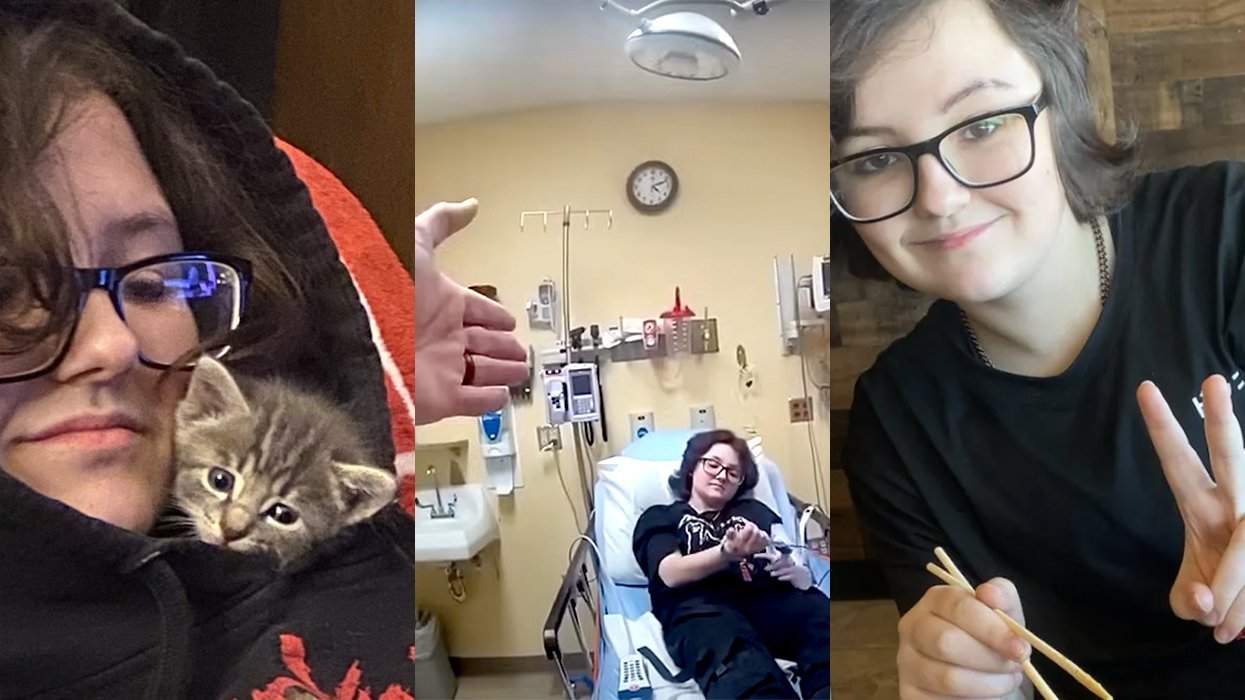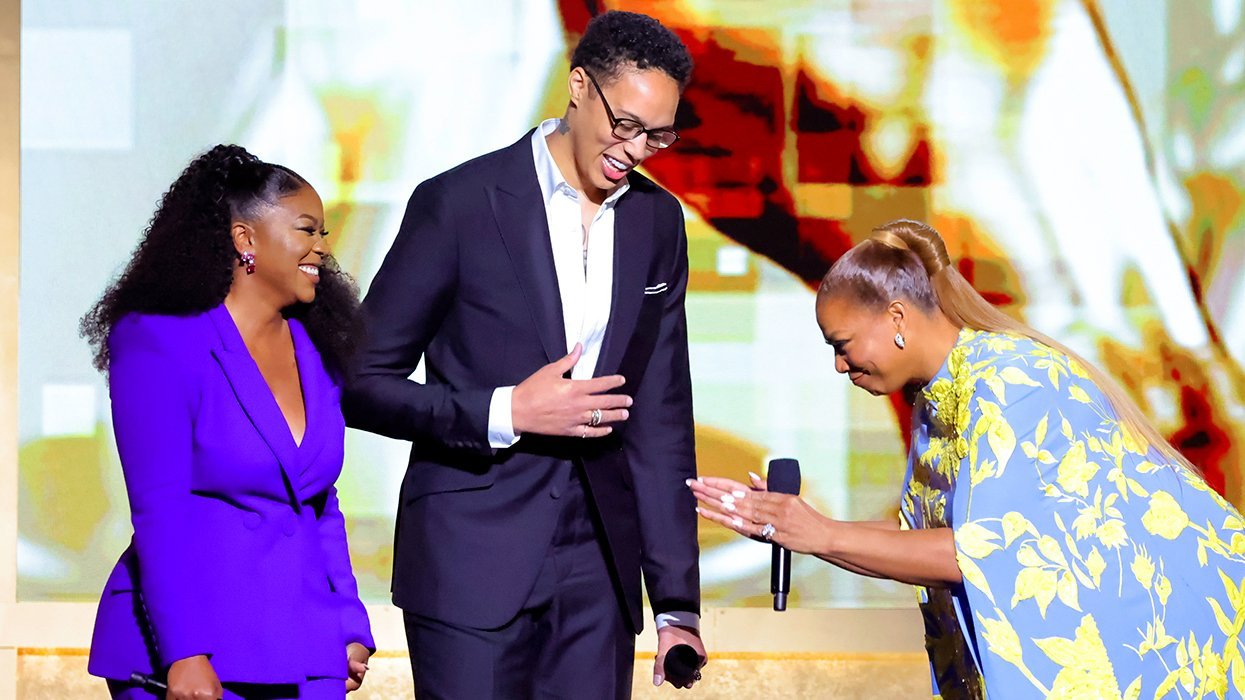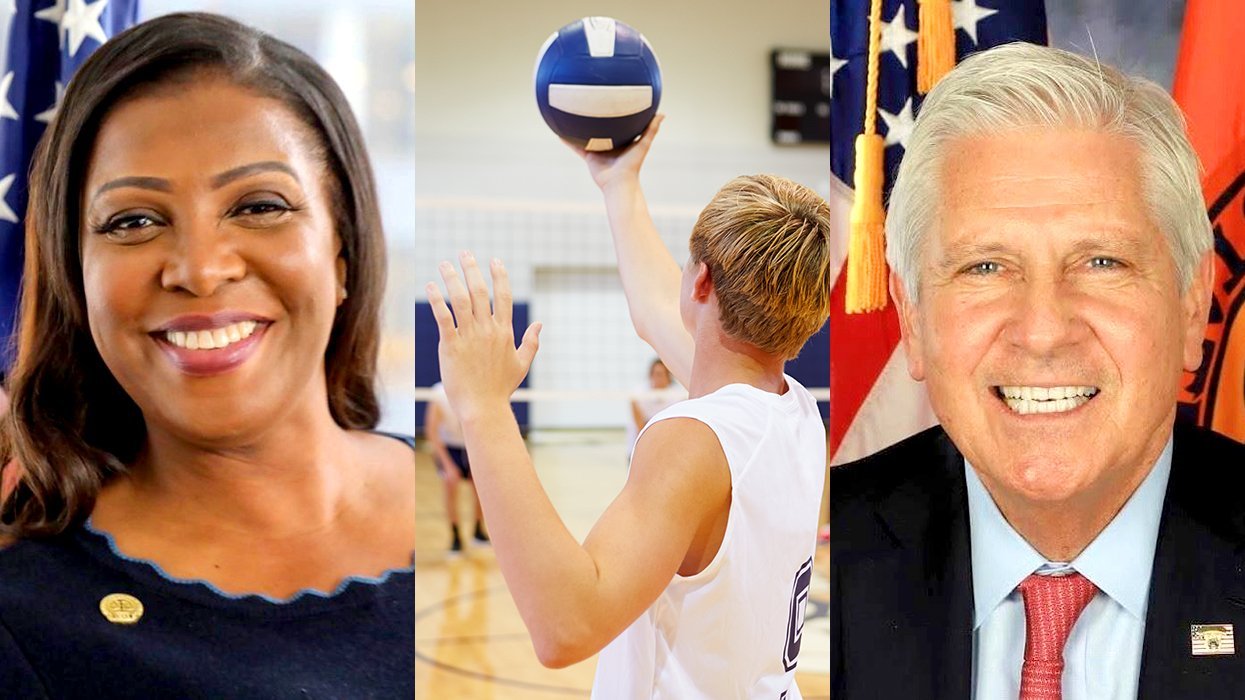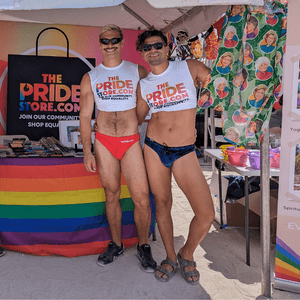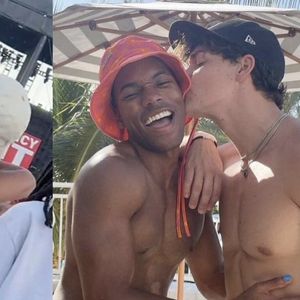
CONTACTStaffCAREER OPPORTUNITIESADVERTISE WITH USPRIVACY POLICYPRIVACY PREFERENCESTERMS OF USELEGAL NOTICE
© 2024 Pride Publishing Inc.
All Rights reserved
All Rights reserved
By continuing to use our site, you agree to our Private Policy and Terms of Use.
In a 5-4 decision authored by Justice Ruth Bader Ginsburg, the U.S. Supreme Court on Monday rejected a challenge to the University of California Hastings College of the Law's policy requiring all funded student groups to be open to all students. Hastings' nondiscrimination policy was challenged by the Christian Legal Society, which argued that the policy violated its right to freedom of association.
In Christian Legal Society v. Martinez, the court held that CLS was not seeking equal treatment but rather "special dispensation" to violate a neutral, across-the-board rule that applied to all other funded student groups. Justice Ginsberg stressed that, "In requiring CLS -- in common with all other student organizations -- to choose between welcoming all students and forgoing the benefits of official recognition, . . . Hastings did not transgress constitutional limitations. CLS ... seeks not parity with other organizations, but a preferential exemption from Hastings' policy."
The court affirmed that although the government cannot directly restrict freedom of speech or association unless it has a compelling reason to do so, the government has much more latitude when it is "dangling the carrot of subsidy, not wielding the stick of prohibition."
In practice this means that public universities and other government entities can require groups that receive public funding to comply with viewpoint-neutral nondiscrimination policies. In this case, as the court noted, "the all-comers policy ensures that no Hastings student is forced to fund a group that would reject her as a member."
The immediate impact of the court's decision is clear. Public colleges now have the right to require registered student organizations to accept all students as members and to prohibit them from discriminating based on status or belief. Colleges can require official student groups, religious or otherwise, to open their membership to everyone, including LGBT people, people of color, women, and people with disabilities.
The decision has even more important implications for LGBT rights, however. The court's analysis strongly supports the position that when the government provides funding to private groups, it can require that the recipient agree not to discriminate against LGBT people. This is significant because for years, faith-based groups providing purely secular social services funded by government contracts or grants have maintained that they have a right to discriminate against LGBT people despite receiving public funds. The court's decision suggests that faith-based grant recipients have no right to a special exemption from nondiscrimination requirements.
Another aspect of the court's decision is also likely to have an impact in a wide variety of LGBT rights cases. The court rejected CLS's argument that it wasn't discriminating on the basis of "sexual orientation" but was simply enforcing its view that sexual conduct should occur only in a marriage of two different-sex partners. This status-conduct distinction has been used for years by antigay forces to claim that laws and policies punishing same-sex conduct do not discriminate against gay people. The Supreme Court rejected the status-conduct distinction in 2003 when it invalidated a state sodomy law in Lawrence v. Texas, and it did so again in Monday's opinion. The court's decision will provide strong ammunition in challenges to laws that claim to regulate conduct but in fact discriminate against LGBT people, such as the military's "don't ask, don't tell" policy.
Monday's decision is a serious defeat for antigay groups that have been working aggressively to establish the radical proposition that antidiscrimination laws--particularly those that include sexual orientation -- violate the First Amendment. At the same time, antigay groups have mounted an aggressive propaganda campaign, falsely claiming that basic equality protections pose a threat to freedom of speech and religion. The court's holding Monday will help put a stop to those efforts to roll back crucial antidiscrimination protections for LGBT people.
Want more breaking equality news & trending entertainment stories?
Check out our NEW 24/7 streaming service: the Advocate Channel!
Download the Advocate Channel App for your mobile phone and your favorite streaming device!
From our Sponsors
Most Popular
Here Are Our 2024 Election Predictions. Will They Come True?
November 07 2023 1:46 PM
17 Celebs Who Are Out & Proud of Their Trans & Nonbinary Kids
November 30 2023 10:41 AM
Here Are the 15 Most LGBTQ-Friendly Cities in the U.S.
November 01 2023 5:09 PM
Which State Is the Queerest? These Are the States With the Most LGBTQ+ People
December 11 2023 10:00 AM
These 27 Senate Hearing Room Gay Sex Jokes Are Truly Exquisite
December 17 2023 3:33 PM
10 Cheeky and Homoerotic Photos From Bob Mizer's Nude Films
November 18 2023 10:05 PM
42 Flaming Hot Photos From 2024's Australian Firefighters Calendar
November 10 2023 6:08 PM
These Are the 5 States With the Smallest Percentage of LGBTQ+ People
December 13 2023 9:15 AM
Here are the 15 gayest travel destinations in the world: report
March 26 2024 9:23 AM
Watch Now: Advocate Channel
Trending Stories & News
For more news and videos on advocatechannel.com, click here.
Trending Stories & News
For more news and videos on advocatechannel.com, click here.
Latest Stories
A Republican mom and her transgender son open up about unconditional love and acceptance
April 16 2024 6:00 AM
Supreme Court lets Idaho enforce law criminalizing gender-affirming care for minors
April 15 2024 8:47 PM
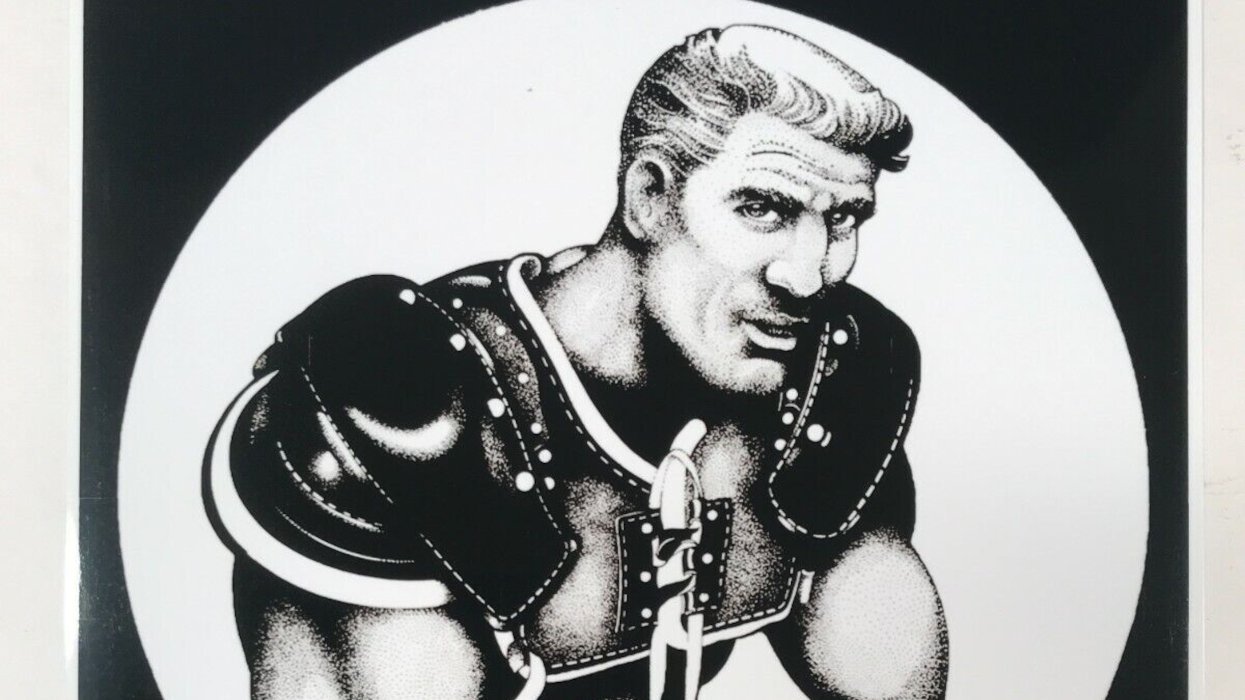
Plus
Yahoo FeedGay fetish artist Rex has died — see some of his sexy work
April 15 2024 8:13 PM
Brittney Griner and her wife, Cherelle, are expecting! Here's when baby Griner is arriving
April 15 2024 12:52 PM






















